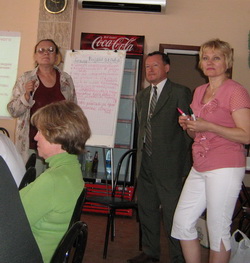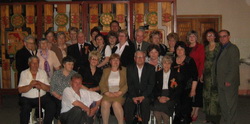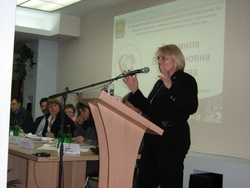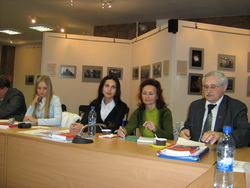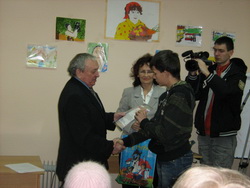Победитель конкурса сочинений «Великая Отечественная война и моя семья» проводившийся РОО СЗППТ «Волга-Дон» в рамках международного проекта «Место встречи-Диалог»
Я всегда с большим удовольствием листаю альбомы с фотографиями. Зачастую фотография – это целая отдельная история.
В нашей семье есть несколько фотоальбомов. Один из них выделяется особенно. В этом альбоме хранятся пожелтевшие от времени фотографии, с которых на меня смотрят лица моих далеких и незнакомых предков – прапрабабушки, прадедушки и прабабушек. В этом альбоме хранятся и дедушкины фотографии времен Великой Отечественной войны.
Мой дедушка Коронов Павел Степанович прожил 73 года. Крестьянский паренек из маленького хутора, расположенного в выжженных солнцем волжских степях, обладал феноменальной памятью и математическим складом ума, с завидной легкостью учился в школе, с утра до вечера гонял со сверстниками на улице, при этом успевая запоем читать книги, и мечтал стать ученым.
Его планы разрушила война.
В августе 1942 года она подошла совсем близко.
Читать далее «Нет в России семьи такой, где не памятен свой герой»



